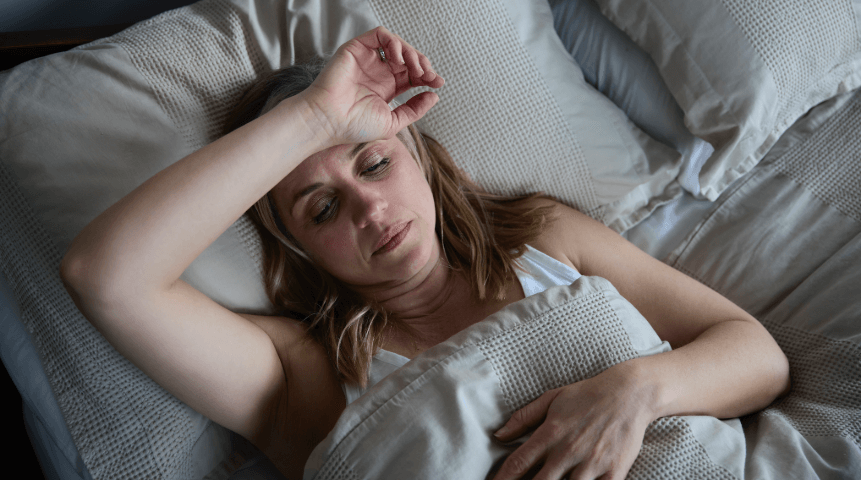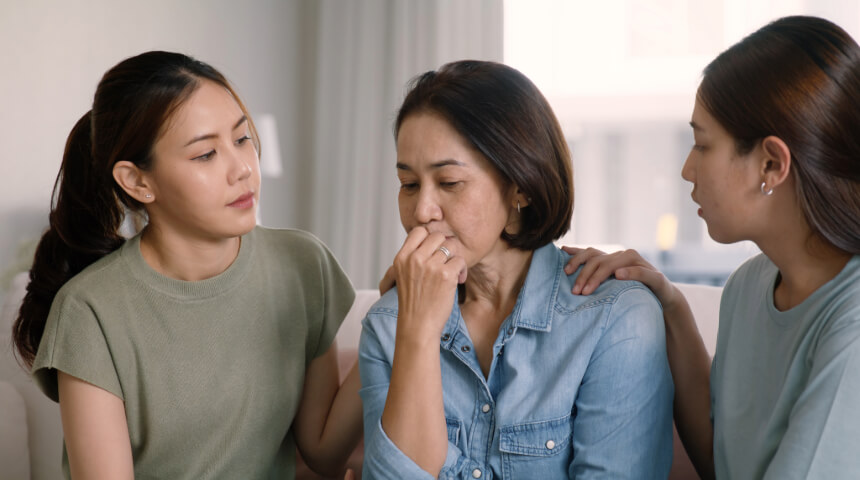Overcoming Mental Health Hurdles After Stroke
After a stroke, you might struggle with anxiety and depression in addition to physical challenges. Understanding the mental and emotional hurdles that you may face can help you get the care you need.
Toll on Self-Confidence
Many stroke patients face short- or long-term physical disabilities, so a previously independent person might suddenly find themselves needing help with simple everyday tasks. This change can take a major toll on confidence and self-esteem, and it can lead to feelings of sadness and anger.
The brain also undergoes changes during a stroke that may make a person more susceptible to conditions like depression and anxiety, so coming to terms with physical impairment on top of these brain changes can compound the risk of developing mental health issues.
About a third of stroke survivors experience depression at some point, while one in four stroke survivors reports having moderate to severe anxiety. Symptoms of these conditions typically start to show up shortly after the stroke, often within a couple weeks.
Who’s at Greater Risk?
Anyone can develop post-stroke mental health problems, but some people are more at risk than others. Research suggests women are twice as likely as men to experience severe depression after a stroke. Both women and men with a personal or family history of mental health problems may also be at greater risk of developing depression, anxiety, psychosis or other psychiatric disorders after a stroke.
Where the stroke happens in your brain can affect your risk of developing certain mental health problems.
-
People who have a stroke that affects the left side of the brain (left hemispheric stroke) are more likely to experience depression.
-
People who have a stroke on the right side of the brain (right hemispheric stroke) may be more prone to psychosis.
-
People who have brainstem strokes can experience something called pseudobulbar affect, where there is a disconnect between how they are feeling versus how they are expressing it.
Signs of Mental Health Struggle
If you or a loved one recently had a stroke, there are symptoms you can watch for that may indicate a mental health problem. These include:
-
Weight changes
-
Loss of appetite
-
Isolating from family and friends
-
Poor personal hygiene
-
Sleep problems
-
Not taking medication
-
Feelings of hopelessness
How Caregivers Can Help
One of the most important things caregivers can do for a loved one who has experienced a stroke is to offer them emotional support, engage with them in a positive way and let them know that what they’re going through is normal.
Watching for signs of distress is also key, since early detection of psychological problems can have a positive effect on both mental and physical recovery from a stroke.
Medication like antidepressants as well as therapy help people facing post-stroke mental health challenges. Don’t hesitate to reach out to a healthcare provider if you or a loved one are struggling with emotional problems after a stroke.
Choose to Stay in Touch
Sign up to receive the latest health news and trends, wellness & prevention tips, and much more from Orlando Health.
Sign Up










